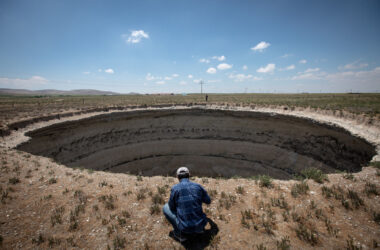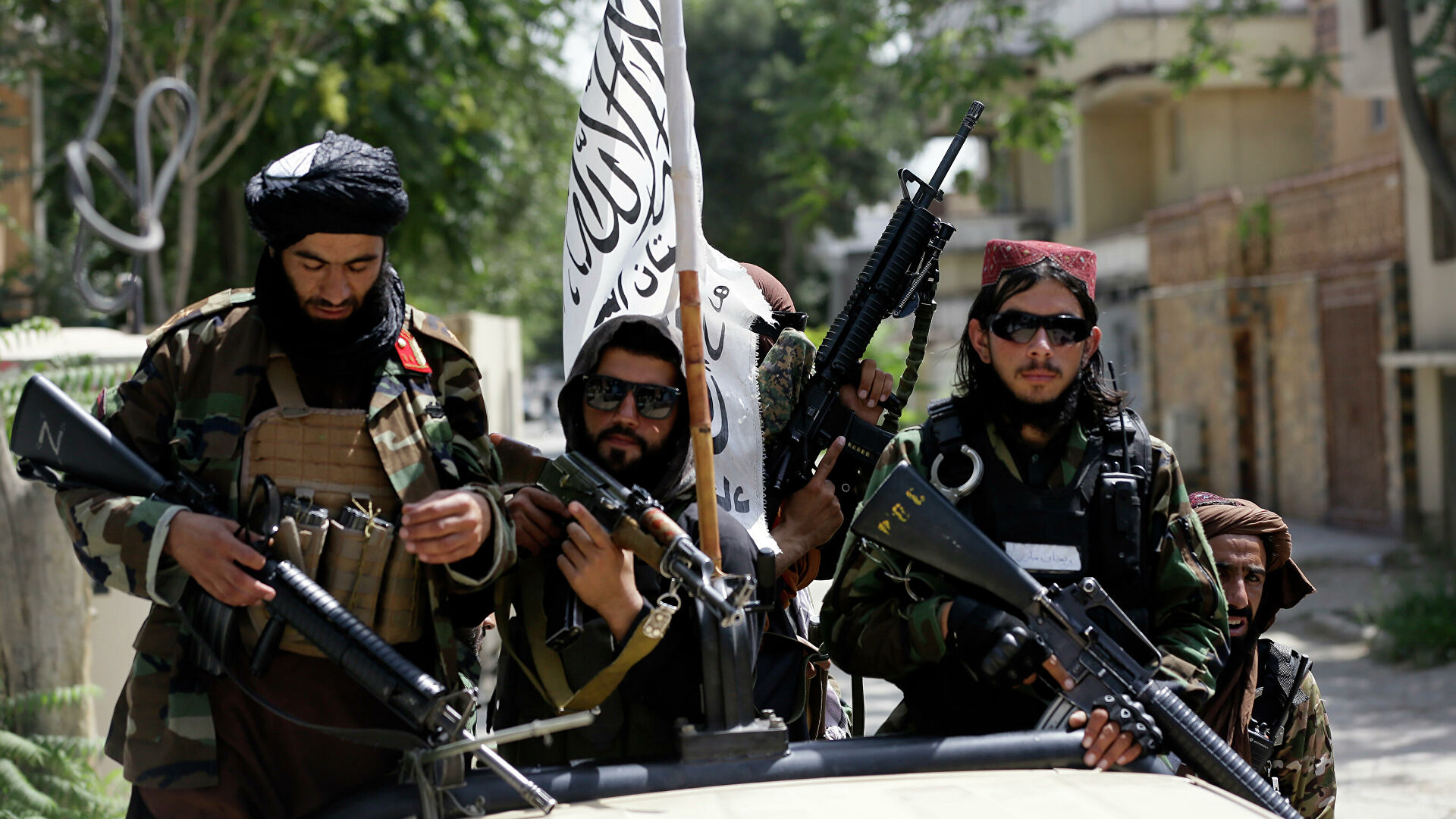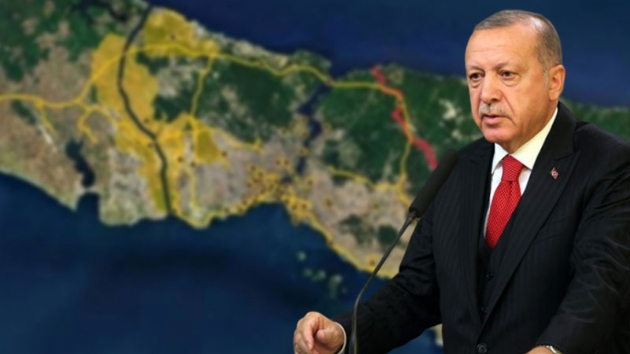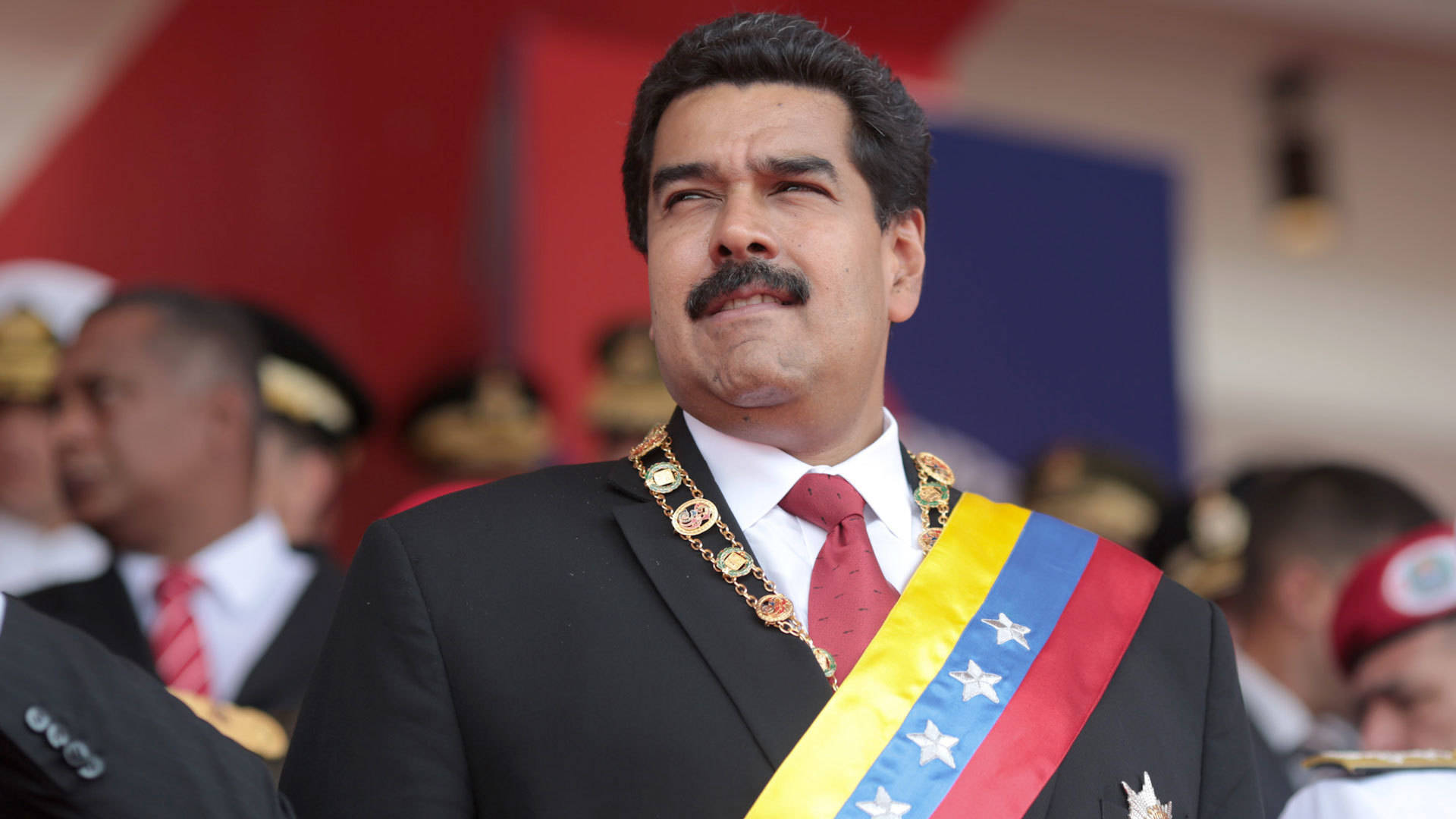“We live in a beautiful world.” Most of us must be familiar with this phrase. Maybe we heard it from a song, or maybe it was a quote from one of the books we read before. Yes, it’s true, we really are living in a beautiful world. But how long? How long our planet will stay that way? This time, it depends on us, the humankind’s itself.
The Sustainable Development Goals (SDGs), also known as the Global Goals, were adopted by all United Nations Member States in 2015 as a universal call to action to end poverty, protect the planet and ensure that all people enjoy peace and prosperity by 2030. [1] In the light of these 17 goals, the Paris Climate Agreement has been signed in 2016. With the Sustainable Development Goals, a new phrase came into our lives; “leaving no one behind.” What is the meaning of it? The United Nations Foundation defines that as the pledge to leave no one behind is embedded at the heart of the Sustainable Development Goals. It means that the international community has agreed to make a concerted effort to identify and lift up those who are furthest behind first. This means targeting the most vulnerable people who societies so often miss: from youth, and especially girls; to refugees and migrants; to rural farmers and indigenous populations – and so many others living on the margins of society. [2]
Today, we are going to look at the Republic of Turkey and it’s achievements on leaving no one behind. According to the Sustainable Development Goals Knowledge Platform, Turkey has emphasized its commitment in every occasion to contribute to a sustainable world since the adoption of Agenda 2030. Demonstrating a strong ownership, Turkey was among the first 22 Voluntary National Review (VNR) presenting countries in High Level Political Forum 2016. [3] Also, the country attended to the forum in 2019 and 3 presented its second VNR. Turkey promotes “leaving no one behind” principle both at home and abroad, and advocates raising the voice of developing countries in international decision-making mechanisms. As an emerging donor, Turkey supports the development efforts of developing countries. [4]
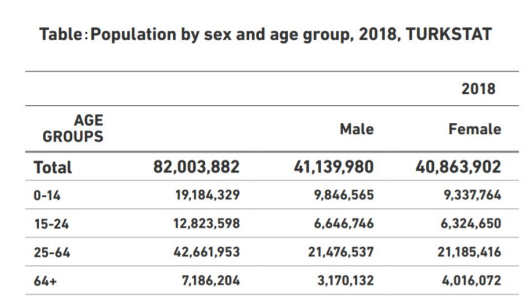

When we look at the demographic data, we can say that Turkey is a country with a younger population. Children and youth, between the age of 0 and 24, constitutes about %39 of the community. The ratio of elderly population is also increasing due to increased life expectancy at birth. Such demographic composition highlights the importance of policies for leaving no one behind. Healthcare services for children are provided free of charge in the country. In the context of early childhood development, there are monitoring systems which are provided to parents free of charge to ensure that children are born and continue their lives healthily. For the disadvantaged children, there are care services such as the Social and Economic Support Service. [5]
According to its voluntary national reviews, as a result of economic and social policies, Turkey almost completely eradicated extreme poverty and food poverty and made substantial progress in relative poverty indicators in the last decade [6] When we look at the 6 policies for women, we see that increasing schooling rates of girls, increasing rates of transition to secondary education and leaving no girl out of education have been set as national goals. On the women’s participation in social life, many projects are implemented at local and national levels. [7]
Most regular and long-standing support for the persons with disabilities and the elderly in Turkey is the monthly cash assistance. Health insurance premiums and healthcare expenses of these individuals are also covered by the state. Also, there are many … on [8] employment of persons with disabilities.
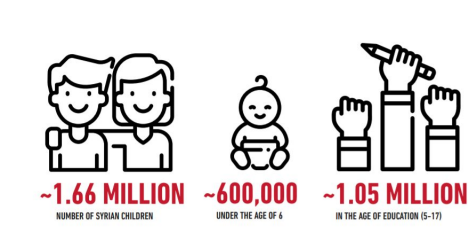

Turkey has long been affected by migration and refugee movements due to its location on main migration routes, increasing political and economic problems in the neighbouring countries and rising global trends of migration. Turkey has opened its borders to a large number of Syrians who started to flee Syria after 2011. The country has pursued a humanitarian and inclusive open-door policy regardless of religion, sect or ethnicity and admitted millions of Syrians to the country under “temporary protection status”. Since 2015, Turkey has been the country hosting highest number of refugees in the world. [9]
In light of this information, we can say that as a developing country, Turkey has many achievements from 2015 to 2019. As a woman and a citizen of this country, I believe that these are acceptable and hopeful, but not enough; because when it comes to the vulnerable and sensitive groups, due to the circumstances of the world, I think there is no enough level of progress. We need to work more and more on these people in order to create a better future for them. For all of us.
References
1. United Nations Development Programme, Sustainable Development Goals. (https://www.undp.org/content/undp/en/home/sustainable-development-goals.html/)
2. The United Nations Foundation, Common Questions on the Sustainable Development Goals. (https://unfoundation.org/blog/post/common-questions-on-the-sustainable-developme nt-goals-what-does-no-one-left-behind-mean/)
3. Sustainable Development Knowledge Platform, Member States, Turkey. (https://sustainabledevelopment.un.org/memberstates/turkey/ )
4. Turkey’s Voluntary National Review, 2019. (https://sustainabledevelopment.un.org/content/documents/23862Turkey_VNR_1107 19.pdf/)


